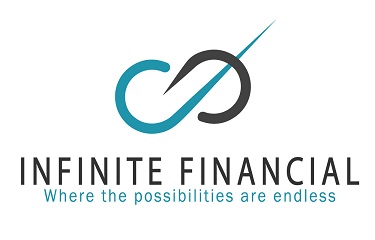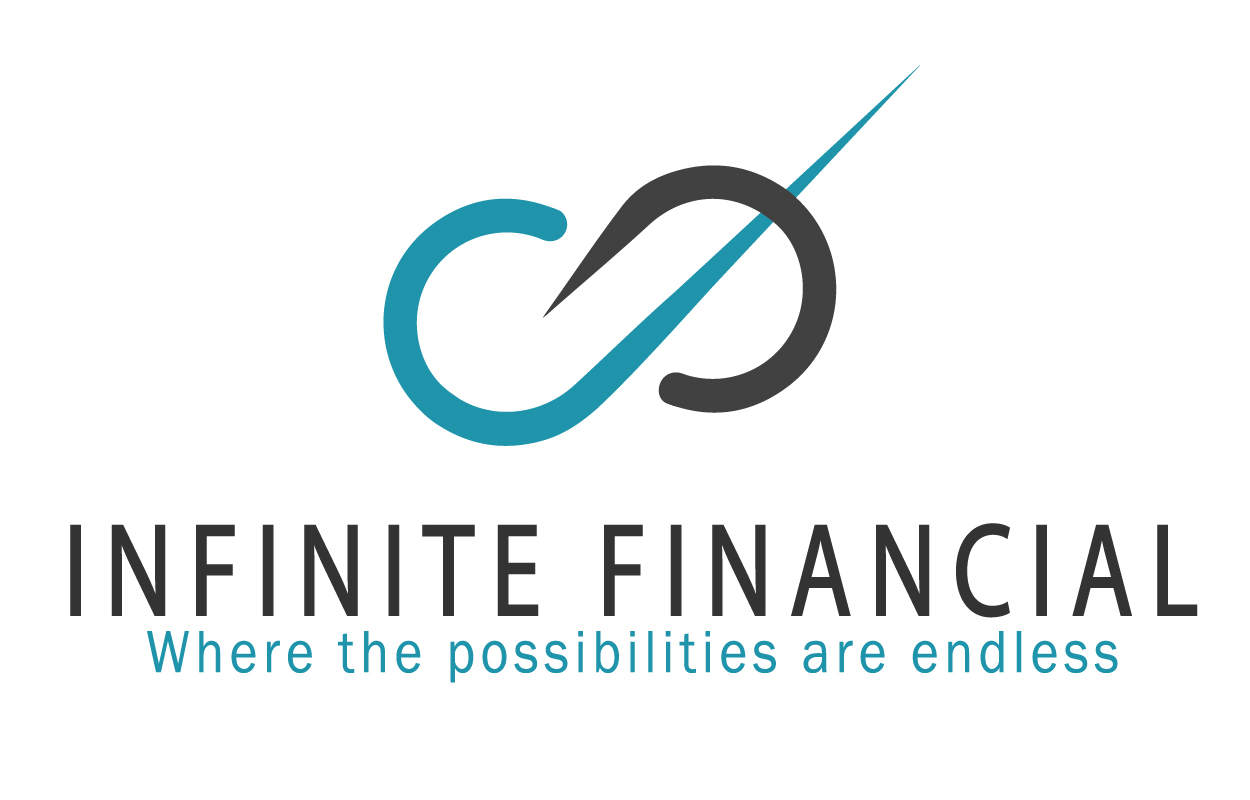
HOME EQUITY LINE OF CREDIT
What is a Home Equity Line of Credit?
A home equity line of credit (HELOC) is a type of revolving credit that allows homeowners to borrow against the equity they have built up in their homes. It provides a flexible and convenient way to access funds for various purposes, such as home renovations, debt consolidation, or other financial needs.

Get a Quote
Who is eligible for Home Equity Line of Credit?
Eligibility for a Home Equity Line of Credit (HELOC) can vary depending on the lender and specific loan requirements. Lenders generally prefer borrowers with a good credit score, as it demonstrates a history of responsible financial management. A higher credit score can increase the likelihood of approval and may also result in more favourable interest rates and loan terms. To qualify for a HELOC, you typically need to have a certain amount of equity in your home. Lenders usually require a minimum loan-to-value ratio, such as 80% or lower, which means you should have at least 20% equity in your property. There are some lenders that can go to a higher ratio, but the interest rate is usually higher.
Features
✔Flexible Use of Funds:
One of the advantages of a HELOC is the flexibility to use the funds for various purposes. Borrowers can utilize the funds to finance home improvements, pay for education expenses, consolidate high-interest debt, cover medical bills, or other financial needs. However, it's important to use the funds responsibly and avoid overextending oneself financially.
✔Access to Funds:
With a HELOC, borrowers can access the funds in different ways. They may receive a checkbook or a credit card linked to the HELOC account, allowing them to withdraw funds as needed. Some lenders also offer online banking options to facilitate convenient and quick access to funds.
✔Second Position:
A HELOC can be obtained while keeping a mortgage in first position. With a HELOC, a borrower can keep a low-interest mortgage and get a HELOC only for the additional cash that is needed.

